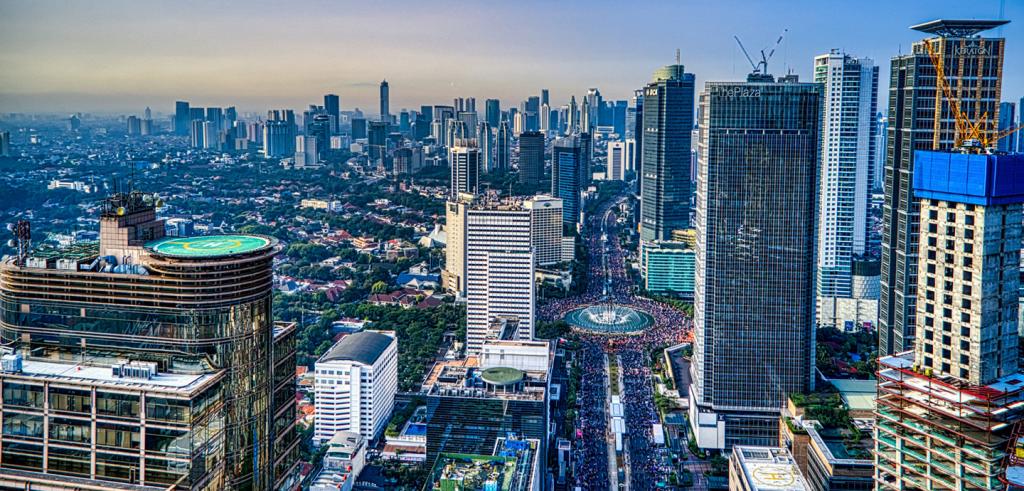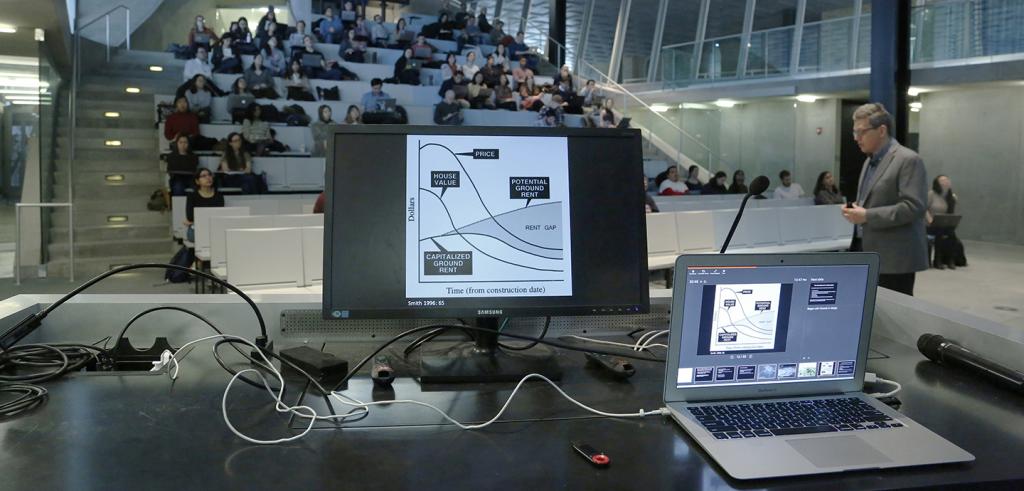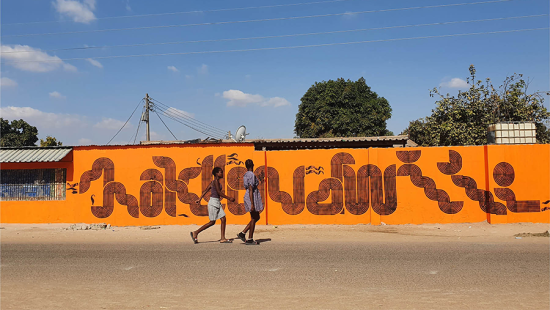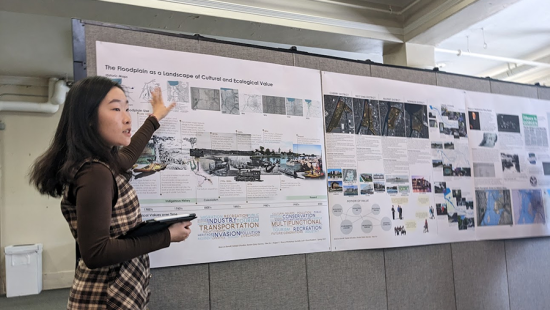Gavin Shatkin: Urban Real Estate Megaprojects and the Politics of Land in Asian Cities
Gavin Shatkin is a professor at the School of Public Policy and Urban Affairs, and the School of Architecture, at Northeastern University. His research focuses on the politics of infrastructure, real estate, and housing development in Asia. Shatkin's articles have appeared in such journals as Environment and Planning A, Cities, Urban Studies, and the International Journal of Urban and Regional Research. He is the author of Cities for Profit: The Real Estate Turn in Asia's Urban Politics (Cornell University Press, 2017).
Abstract:
In the past three decades, urban real estate megaprojects — massive, master-planned, for-profit urban developments — have captured the imagination of politicians and policymakers across Asia. This presentation will argue that state actors have been major drivers of these transformative projects, and have realized them through increasingly aggressive efforts to reclaim or acquire land, and to transfer land rights to corporate developers. State actors have specifically sought to monetize land as a strategy of state empowerment, a means to generate budget revenue, distribute patronage, and drive economic growth. The resulting real estate turn in urban politics has significant implications for social, political, and ecological change in these societies. The book explores the varied spatial impacts of this real estate turn in three cities — Jakarta, Kolkata, and Chongqing — that differ in their systems of property rights and urban governance.









